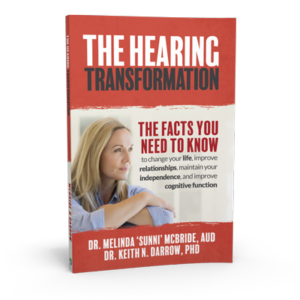That Ringing in My Ear — That Hissing, Whistling, Pulsating Tone...
It’s called tinnitus, and for some, it’s a debilitating experience.
What Is Tinnitus?
Tinnitus affects more than 50 million Americans, but not everyone experiences it in the same way. Different people hear different sounds — ringing, pulsing, screeching, hissing, static, whooshing, roaring, even ocean waves — and only they can hear it.
It often accompanies hearing loss, but many other things can generate tinnitus. It’s not a disease; it’s a symptom of damage to the auditory system. It can be temporary or chronic, and it is often debilitating.









